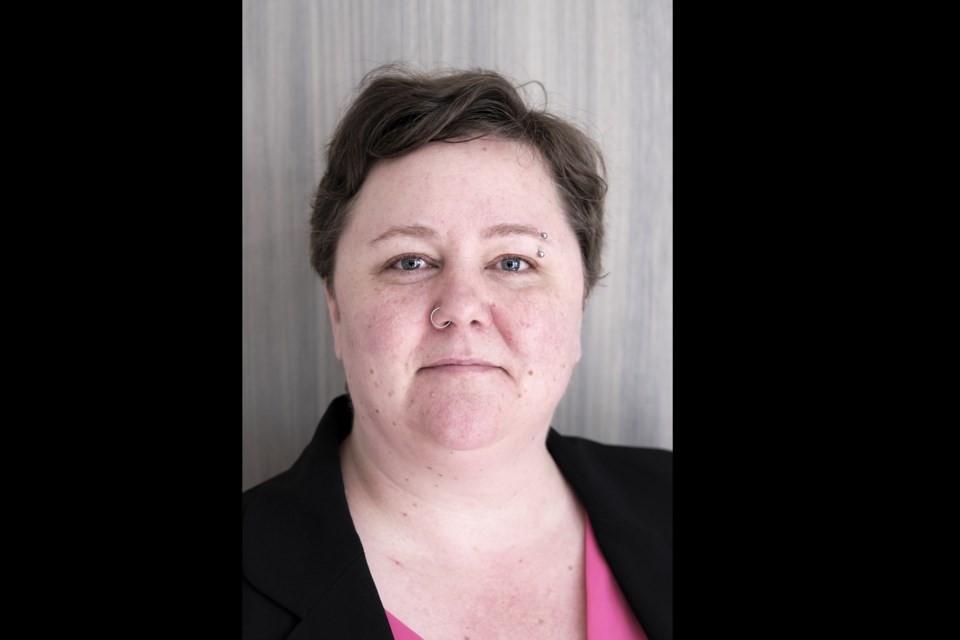B.C.'s superior courts have done away with the ancient terms of 'My Lord' and 'My Lady.'
Announced Nov. 18, justices will be referred to as 'chief justice,' 'justice,' 'madam justice,' 'mister justice,' and collectively as 'justices.' In the case of a registrar's hearing, the registrar will be referred to as 'your honour.'
"The courts felt that the manner of address for judges had become antiquated, and the time had come to adopt more inclusive language," said court spokesperson and retired justice, Bruce Cohen.
The language change was announced as part of updates to policies within B.C.'s Court of Appeal and Supreme Court. According to Cohen, the courts continually review and consider practices to make everyone feel welcome in the province's courthouses.
Addressing judges as lord or lady has its origins in the courts of England on which most Canadian courts are modelled. It may have originated when the lord of the manor, a defined area over which a lord governed, acted as a magistrate.
Clare Jennings, the president of the B.C. branch of the Canadian Bar Association (CBA-BC), has called the practice of gendered address a colonial-classist throwback.
In a CBA-BC article from earlier this year, Lisa Nevens said that lawyers were opting for gender-neutral terms such as "counsel" and that addresses like "lord" and "lady" were out of step with Indigenous reconciliation.
"The role of a justice is to independently and impartially make findings of fact and law," Nevens wrote. "Their gender is as irrelevant to that important task as their race, religion, sexual orientation, or any other personal characteristic. Yet gender alone is referenced every time a justice is addressed."
Further, Nevens wrote, the importance of tradition ought not to outweigh our substantive principles, such as equality before the law, access to justice, and a judiciary that reflects the population it serves.
"Continuing to use gendered honorifics for justices makes these substantive principles subservient to the symbolic tradition," Nevens said. "That's upside down."
Jennings said the courts have always been very traditional in practice and, at times, slow to change. But, Jennings added, the courts have always striven to remove access barriers, terms of address being among them in this case.
Further, Jennings added that with gender diversity and non-binary people becoming more recognized, such a change would remove a barrier to members of those communities applying to join the judiciary.
Trial Lawyers Association of B.C. president Kevin Gourlay called the change a positive one, albeit one many lawyers will have to get used to after years of habit using the now-former forms of address.
"I think it's an effort by the courts to modernize and make the courts more inclusive – including unrepresented litigants," Gourlay said.
He said other courts such as the Supreme Court of Canada, Ontario and Maritimes courts have already made the change.
It remains necessary for parties before the court to bow as the judge enters.
Judges and lawyers in B.C.—for the most part—stopped wearing wigs in court around1905.
